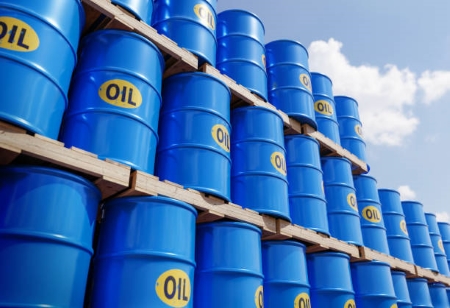
Indian Govt. Reduces Windfall Gains On Domestic Crude Petroleum

 The government reduced windfall gains on domestic crude petroleum production to Rs 3,500 per tonne from Rs 4,400 per tonne on Monday.
The government reduced windfall gains on domestic crude petroleum production to Rs 3,500 per tonne from Rs 4,400 per tonne on Monday.
It also increased the export duty on diesel from Rs 0.50 to Rs 1 per litre, while keeping petrol and aviation turbine fuel (ATF) exempt from the levy.
The new rate will go into effect on March 21.
On March 4, the government increased the windfall tax on locally produced crude oil from Rs 4,350 to Rs 4,400 per tonne.
However, the export duty on diesel was reduced to Rs.0.5 per litre, and the export duty on ATF was eliminated.
Beginning July 1, India imposed a windfall profit tax, joining a growing number of countries that tax energy companies' above-average profits. While duties were imposed on petrol, diesel, and jet fuel (ATF) exports, a Special Additional Excise Duty (SAED) was imposed on locally produced crude oil. The government of India then imposed export duties of Rs 6 per litre on petrol and ATF and Rs 13 per litre on diesel.
A windfall profit tax of Rs 23,250 per tonne on domestic crude production was also imposed.
The duty is updated every two weeks based on international crude oil prices.
Windfall profit tax is calculated by deducting any price that producers receive above a certain threshold.
The levy was supposed to compensate for the decrease in excise duty on gasoline and diesel, providing relief to consumers. However, the reduction in the windfall cess from the initial levels is expected to reduce the government's realisation.
The primary exporters of fuels such as diesel and ATF are private refiners Reliance Industries Ltd and Rosneft-based Nayara Energy. The windfall levy on domestic crude targets state-owned Oil and Natural Gas Corporation (ONGC) and Vedanta Ltd.
The government previously told parliament that it expected to collect Rs 25,000 crore from the windfall tax's Special Additional Excise Duty (SAED) in the current fiscal year.